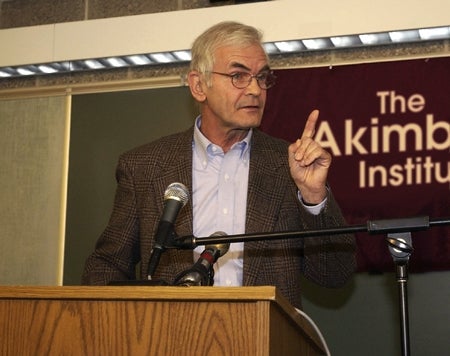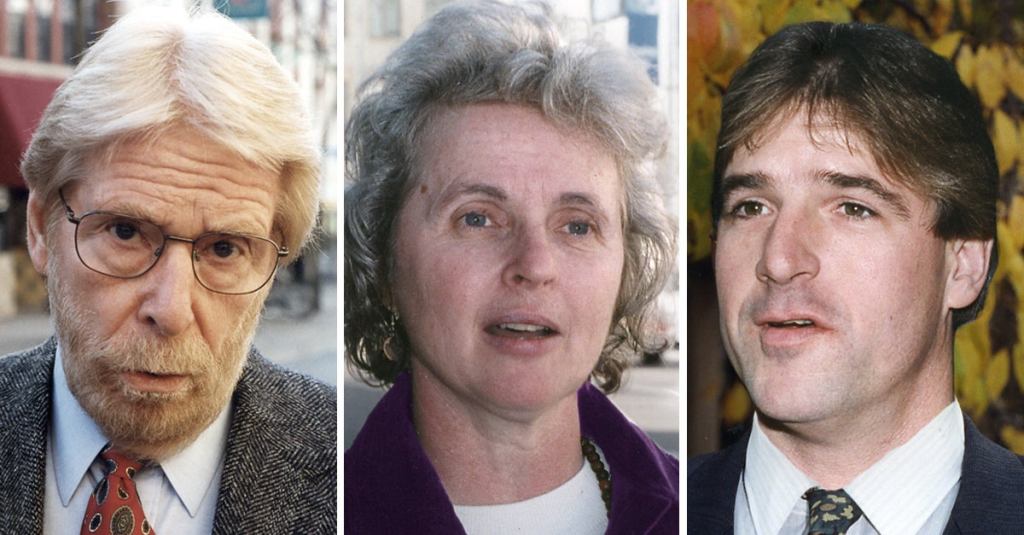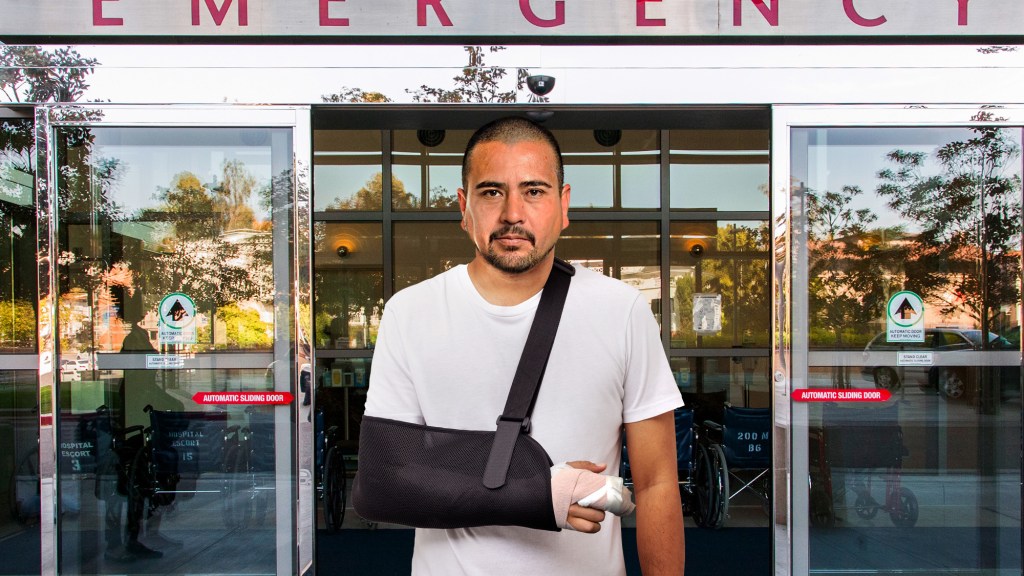PHILADELPHIA—According to a report released by a privately funded think tank Monday, “sorry” just isn’t cutting it anymore.

“Our findings indicate that people have had it with all of the excuses and apologies,” said Kyle Dwyer, spokesperson for the Akimbo Institute, which analyzes admonishment-related issues. “In fact, the majority of respondents stated that the level to which they’ve had it is up to here.”
Of the 2,400 subjects polled, 83 percent claimed that “sorry” just doesn’t do it anymore, and 79 percent of those agreed that no amount of begging, pleading, or apologizing is going to change that.
The figure shows a dramatic rise from 1998, when 47 percent of poll respondents stated that sorry was a good enough response, if accompanied by a promise to try harder next time.
“In previous studies, we found that those who failed to measure up could often cut it by saying sorry,” Dwyer said. “But today, the consensus seems to be, ’Stop faking it and start making it.’”
Researchers polled a wide range of authority figures, including irate moms, fast-food restaurant managers, and high-school gym teachers. The resounding majority of participants refused to accept such excuses as “I overslept,” “I thought it was tomorrow,” and “I just assumed.”
“Respondents had particularly strong reactions to that last excuse,” Dwyer said. “A remarkable 78 percent said that one should not assume, because when you assume, it makes an ass of you and me.”
Dwyer said there were a number of possible explanations for the failure of sorry to cut it. Chief among these is the fact that a growing number of authority figures were not born yesterday.
“These individuals have seen what sorry has done to improve situations,” Dwyer said. “Jack squat.”
Dwyer added: “The consensus seems to be that actions speak louder than words, and that good intentions are the stones with which the road to hell is paved.”
The respondents said the offenders must improve upon their past performances, or else. When pressed to expand upon “or else,” respondents spoke of boom-lowering, music-facing, and other-shoe dropping.
“To avoid ’or else,’ the misters, missies, and busters must demonstrate a higher commitment to discipline,” Dwyer said. “Feet have been put down on this point.”
The report revealed that the assorted apologies, excuses, and delay tactics have resulted in both lost productivity and lost income.
“More than 70 percent of the respondents told us that, if they had a dollar for every time they have heard the word ’sorry,’ they would be rich,” Dwyer said. “If you consider the fact that they have heard this word over the course of many years, you see that, indeed, the total number of dollars would be very large.”
Authority figures applauded the findings.
“It’s about time you folks woke up and smelled the coffee,” Spring Green, WI, packaging-plant manager Bert Seiffert said. “’Sorry’ has never cut the mustard with me. That’s what I said to that slacker Oppley when he came in five minutes late for the third time this week. I said, ’Sorry is a pretty sorry excuse, if you ask me,’ and I docked him for an hour’s pay. He said, ’Hey, Bert, that’s not fair.’ ’Hey is for horses,’ I said.”
One mister, who requested anonymity, condemned the study results.
“I am honestly trying to shape up, but still they want me to ship out,” the mister said. “It isn’t fair. It wasn’t even my fault.”
Veteran buster Wayne Koestler, 16, scoffed at the report.
“I gotta start cutting it ’or else’?” he said. “Who’s gonna make me?”







